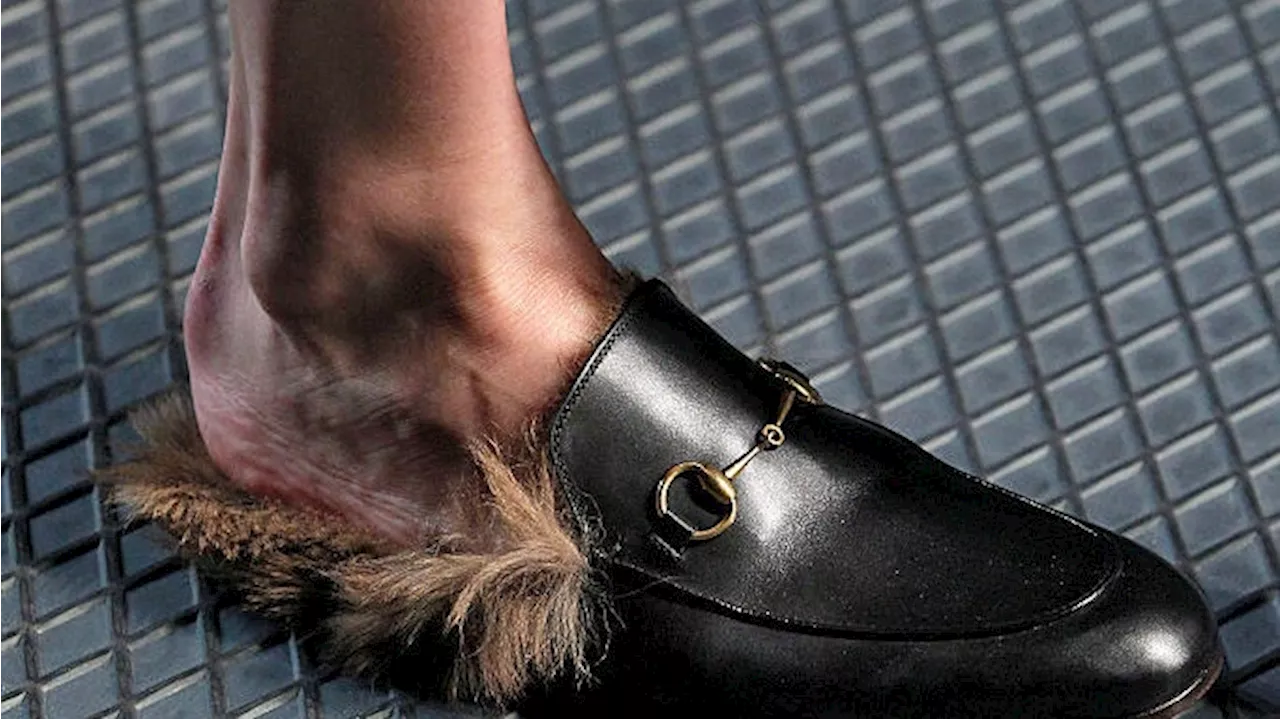This article explores the psychology behind why some empty-nester couples stay together despite unhappiness, delving into common biases and societal expectations that contribute to their persistence. The author, drawing from personal experience and psychological insights, sheds light on the reasons behind their choices, ultimately urging those in unhappy relationships to consider their own happiness.
Five years ago, a few years divorced and ready for the next stage of post-kids life, I met my new boyfriend. We are happy, and life is good. We think it’s because we are right for each other. Our friends insist it’s because we are “new”. I recently found myself amidst a scene of holidaying empty nesters , a tapestry woven with coastal walks, shanty singers and beer surrounded by empty nester couples of every possible permutation.
There were happy re-marrieds with a glint in their eye and a few happy long-term marrieds who still held hands and shared jokes. But there were also an awful lot of unhappy middle-aged couples who looked like they would rather be anywhere else than with the person they chose 30 years ago. Some tut, raise their eyebrows, bicker, and show a hint of disdain, but just about manage to make it work. In day-to-day life, they chat to others wherever possible, have separate hobbies of cycling, golf, and stamp collecting versus choir, dance, yoga, and coffee with friends. They rely on the trappings of house, children, shared history and inertia to hold them together as they wait for the grandchildren to arrive. (Oh, and there’s a lot of dogs!) The tutting turns into clear exasperation, bickering becomes anger and the disdain slips into despise as they scowl at each other over their phones, row in the coffee queue, gulp down their fish and chips to quickly get back to their hotel and fail to find any joy in a sea view, cliff walk or local band. Why do these empty nesters stay together even when they are just plain miserable? As a psychologist – and a divorcee – I think I know. First, there is an awful lot of self-talk – the internal narrative of the miserable. Whether it comes from our parents, novels or 1970’s TV but for some reason our generation have a head full of justifications to stay together which all involve a belief in the universality of misery. “Relationships are hard work”, “it’s all about compromise”, “no couples are really happy for long”, “we need to be tolerant” or “it would only be the same with anyone else”. I blame “Butterflies” and the downtrodden Wendy Craig, Mildred and George Roper from “Man about the house” and a sense that we will all end up as Joan Sims rath,er than Barbara Windsor. I believe that we are all destined to unhappy love stories, needing to settle for a reality that is never meant to be happy, and if we aren’t happy that is fine as no one else is either. Second, we draw upon our biases. We use our confirmation bias and so seek out those around us who support our worldview. When surrounded by equally miserable couples, it confirms that this is the only way, and by comparison, looking across the table at our friend’s irritating husband can make our own seem strangely better. And we ignore any evidence to the contrary dismissing signs of happiness as “it’s all a show”, “who knows what goes on behind closed doors”, “they are new – it will change.”, so were most of my friends, which made it manageable – this must be how it is! Now I’m happy, it is surprising how many other happy couples I allow myself to see (although most of them are re-marrieds and new it has to be said). I’ve changed my life and some friends, but I’ve also changed who I look to for a role model of how life can be.We also evoke sunk cost bias, which involves thinking “we have got this far we might as well carry on” and investment in the past seems to justify even more investment in the future. This might work when trying to get up the final hill in park run, but it’s not a great basis for the central relationship in our life. And we also use our future discounting bias and focus on the practicalities of changing the here and now rather than the possibilities of a better future. In my past life, when I was waiting for the children to grow up and deciding whether it was time to go or stay, I used to picture myself in an open-top car trying to drive through a pile of horse manure to get to a beautiful field of sunflowers. I’d wait for another day when there was less shit (and the kids were older) and I could face the drive. I could discount the benefits of the field by emphasising the costs of the drive to get there. Third, we cling onto a misplaced sense of duty, which can sometimes verge into vanity. “I promised to stay” and “I made my vows” are both key to doing the right thing and useful tools to get us over dips, troughs, and the. We can’t swan out after every disagreement about muddy footprints (yes, they are yours – I don’t stand and face the toilet). But believing “they won’t manage without me”, “they will fall apart” and “I can’t put them through it” is a bit vain and can be problematic if the relationship is really over. Then they probably don’t want to be with you either – who wants to be unwanted? Who wants to cling to someone who wants to let them go? And who wants to have to feel grateful to a partner who resents staying? Are you really that important to someone else if you don’t actually like them? If they are making you unhappy, the feeling may well be mutual, and you may both be happier once relieved of your mutual duty
Relationships Life Transitions Relationships Empty Nesters Divorce Happiness Self-Talk Cognitive Biases Duty Future Discounting
United Kingdom Latest News, United Kingdom Headlines
Similar News:You can also read news stories similar to this one that we have collected from other news sources.
 Why recognising Palestinian statehood is much more than empty symbolismThe truth is that recognition matters - and Israel knows it, says Marc Weller, Professor of International Law and International Constitutional Studies at Cambridge University
Why recognising Palestinian statehood is much more than empty symbolismThe truth is that recognition matters - and Israel knows it, says Marc Weller, Professor of International Law and International Constitutional Studies at Cambridge University
Read more »
 Empty home crisis: Why aren't they being used to solve shortages?There are almost 720,000 empty homes in England. And many more on social housing waiting lists - so why aren't we better using one to help solve the other, and is it a case of a missed opportunity?
Empty home crisis: Why aren't they being used to solve shortages?There are almost 720,000 empty homes in England. And many more on social housing waiting lists - so why aren't we better using one to help solve the other, and is it a case of a missed opportunity?
Read more »
 'We're not Barcelona': Why 'boring' Burnley can stay up against the odds'Boring, boring' Burnley - or one of the most tactically astute newly promoted sides we have seen in a long time?
'We're not Barcelona': Why 'boring' Burnley can stay up against the odds'Boring, boring' Burnley - or one of the most tactically astute newly promoted sides we have seen in a long time?
Read more »
 Bonehead's touching response revealing one reason why Oasis are back on tour after heartwarming footage'That's why we do it', said the guitarist, 'that's exactly why'
Bonehead's touching response revealing one reason why Oasis are back on tour after heartwarming footage'That's why we do it', said the guitarist, 'that's exactly why'
Read more »
 Here's Why I Why I'll Be Wearing Gucci's Furry Mules AgainFashion trends only take a few seasons to return these days. Maybe that's why the only shoe I want this right now is Gucci's 2015 best-seller. Read more on Grazia.
Here's Why I Why I'll Be Wearing Gucci's Furry Mules AgainFashion trends only take a few seasons to return these days. Maybe that's why the only shoe I want this right now is Gucci's 2015 best-seller. Read more on Grazia.
Read more »
 SpudBros brothers transforming 'empty shell' venue for new siteThe new site has taken a step forward this week
SpudBros brothers transforming 'empty shell' venue for new siteThe new site has taken a step forward this week
Read more »
